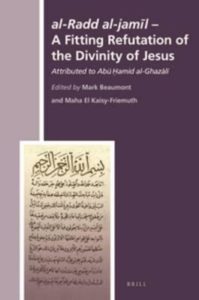
Jesus prays to the Father in John 17:5, “And now, Father, glorify me in your own presence with the glory that I had with you before the world existed.” This verse testifies that Jesus shared the glory of God in his preexistence. However, al-Ghazali explains away the explicit teaching of the verse by imposing an unprecedented meaning to the word “glory”. He asserts that “the factual meaning is not intended, because in the fullness of the glory that was given to him is prophethood and messengership, and what entails from them in rank, the ascent to heaven, and his power to perform unprecedented miracles.” [Al-Radd, p.111]
Based on his Islamic presuppositions, Al-Ghazali rhetorically asserts that intelligent people would agree that there is an absolute ontological dichotomy between the Father and Christ, “Is it possible that divinity be bestowed when the impossibility of this is a matter upon which intelligent people have unanimously agreed?” However, he does not explain why the divinity of Christ is an “impossibility.” Neither does he offer any evidence to support his claim that it is “a matter upon which intelligent people have unanimously agreed?” His argument is merely an exercise in rationalizing away the plain meaning of the text and aligning them with the premise that the divinity of Christ is an impossibility.
Al-Ghazali’s abuse of the meaning of the word “glory” reminds me of the enigmatic conversation between Alice and Humpty Dumpty in Lewis Carroll’s book, Through the Looking Glass. Continue reading “Answering Al-Ghazali Refutation of Jesus’ Divinity Part 3. Biblical Evidence for the Divinity of Christ.”

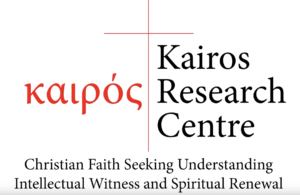
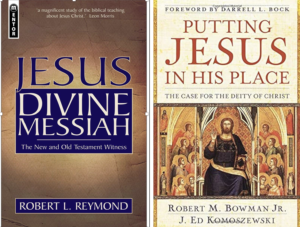 Orthodoxy and Heresy in Earliest Christianity
Orthodoxy and Heresy in Earliest Christianity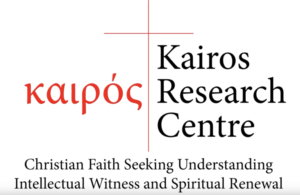
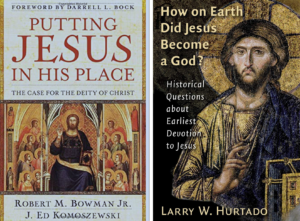 Question: How did the apostles and early Christians come to believe in the deity of Christ?
Question: How did the apostles and early Christians come to believe in the deity of Christ?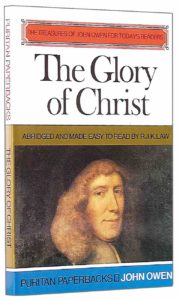 While Peter de Rosa’s verses on the humanity of Christ may be heart-felt and evocative, John Owen’s reflection on Christ assuming humanity is suffused with contemplation and prayer. For Owen theology ends with doxology. Given below is a much abbreviated and stylistically modernized version of Owen’s reflection of the Incarnation as Christ’s act of self-humiliation – Christ veiled his divine glory in the flesh.*
While Peter de Rosa’s verses on the humanity of Christ may be heart-felt and evocative, John Owen’s reflection on Christ assuming humanity is suffused with contemplation and prayer. For Owen theology ends with doxology. Given below is a much abbreviated and stylistically modernized version of Owen’s reflection of the Incarnation as Christ’s act of self-humiliation – Christ veiled his divine glory in the flesh.*

